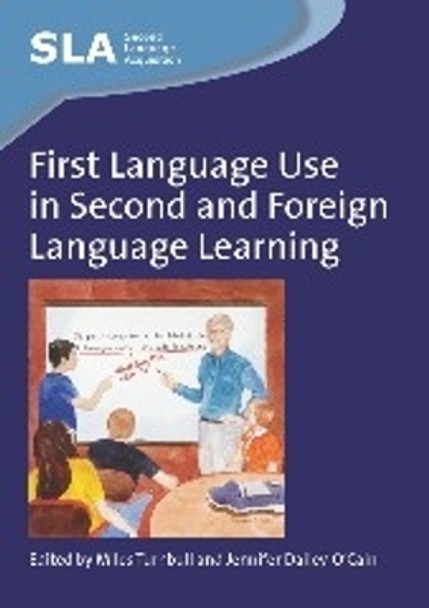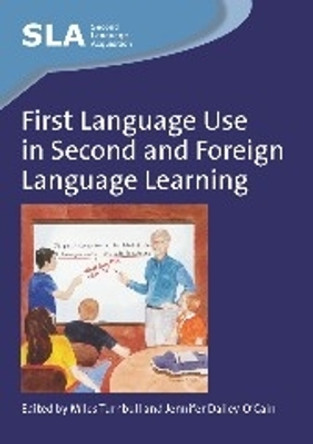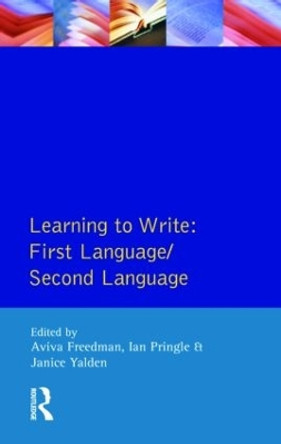Description
This volume offers fresh perspectives on a controversial issue in applied linguistics and language teaching by focusing on the use of the first language in communicative or immersion-type classrooms. It includes new work by both new and established scholars in educational scholarship, second language acquisition, and sociolinguistics, as well as in a variety of languages, countries, and educational contexts. Through its focus at the intersection of theory, practice, curriculum and policy, the book demands a reconceptualization of code-switching as something that both proficient and aspiring bilinguals do naturally, and as a practice that is inherently linked with bilingual code-switching.
About the Author
MILES TURNBULL is an Associate Professor in the Faculty of Education at the University of Prince Edward Island. He is Coordinator of Graduate Programs and works in the pre-service program in French second language teaching, as Coordinator of the Bachelor of Education- French Education. His research has been funded by the Social Sciences and Humanities Research Council of Canada, Canadian Heritage, The Education and Quality Assurance Office of Ontario, and the Canadian Association of Second Language Teachers. In 2006, he was named research scholar in residence in official languages funded by the Social Sciences and Humanities Research Council of Canada and the Department of Canadian Heritage.
JENNIFER DAILEY-O'CAIN is an Associate Professor of German and Applied Linguistics at the University of Alberta in Edmonton, Canada. Alongside her work on code-switching in the classroom, her research also includes work in language, migration and identity in both Germany and German-speaking Canada, and language attitudes in post-unification Germany. Major recent publications include articles in the Modern Language Journal, the International Journal of Bilingualism, the Canadian Modern Language Review and the Journal of Sociolinguistics.
Reviews
This book has the potential for creating changes in language teaching practices around the world. It addresses the age-old, emotionally and politically charged controversy about the use of a first language in second and foreign language classrooms. The contributors to this book, drawing on multiple theoretical frameworks, and researching a variety of contexts, discuss optimal levels of first language use and what kinds of uses are supportive and effective for second and foreign language learning. This book is bound to further debate and inquiry about the roles of first language use in classroom language teaching.
-- Merrill Swain, OISE, University of Toronto, CanadaThis extremely valuable and timely collection of case studies had its origins at a workshop held in 2007 at the University of California, Irvine, where many of the authors of the various chapters met to discuss the issue of code-switching in second language learning. The authors come from three main disciplines -language pedagogy, curriculum design and sociolinguistics - and the second and foreign languages they consider include not only English, but also German, Spanish and French...I strongly recommend that all language teachers - and researchers - read this book, and ponder the implications for professional practice and academic theory.
-- Roger Barnard, University of Waikato, New Zealand * Modern English Teacher, 19(3) *All in all, the book provides a wealth of information about the use of learners' first language in the second and foreign language classroom. I strongly recommend this book. It deserves a place on the shelf of second language teacher educators, curriculum developers and classroom language policy-makers alike.
-- Le Van Canh, University of Waikato, New Zealand * TESOLANZ Journal, Volume 19, 2011 *Book Information
ISBN 9781847691958
Author Miles Turnbull
Format Paperback
Page Count 224
Imprint Multilingual Matters
Publisher Channel View Publications Ltd
Weight(grams) 302g
Dimensions(mm) 210mm * 148mm * 12mm






